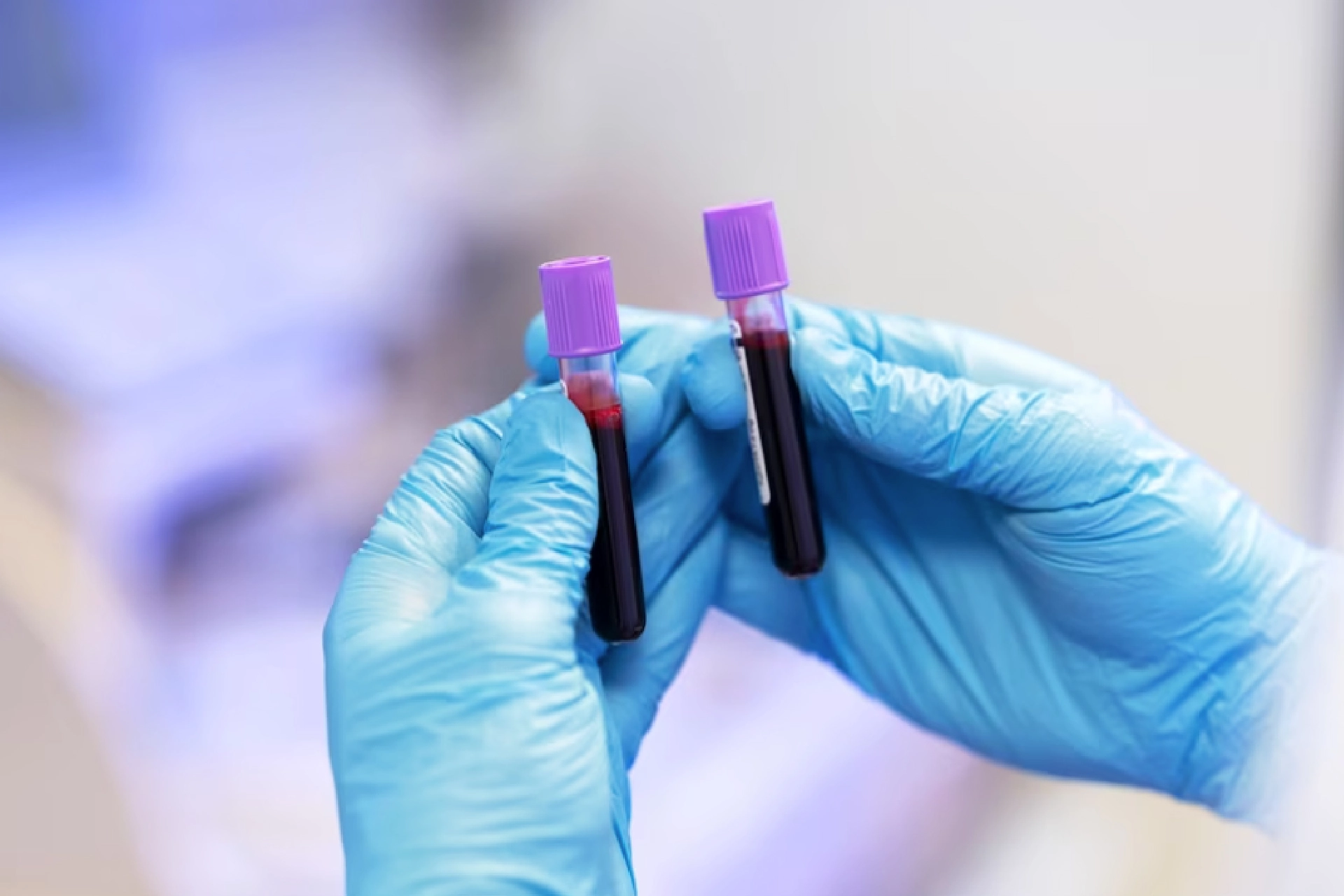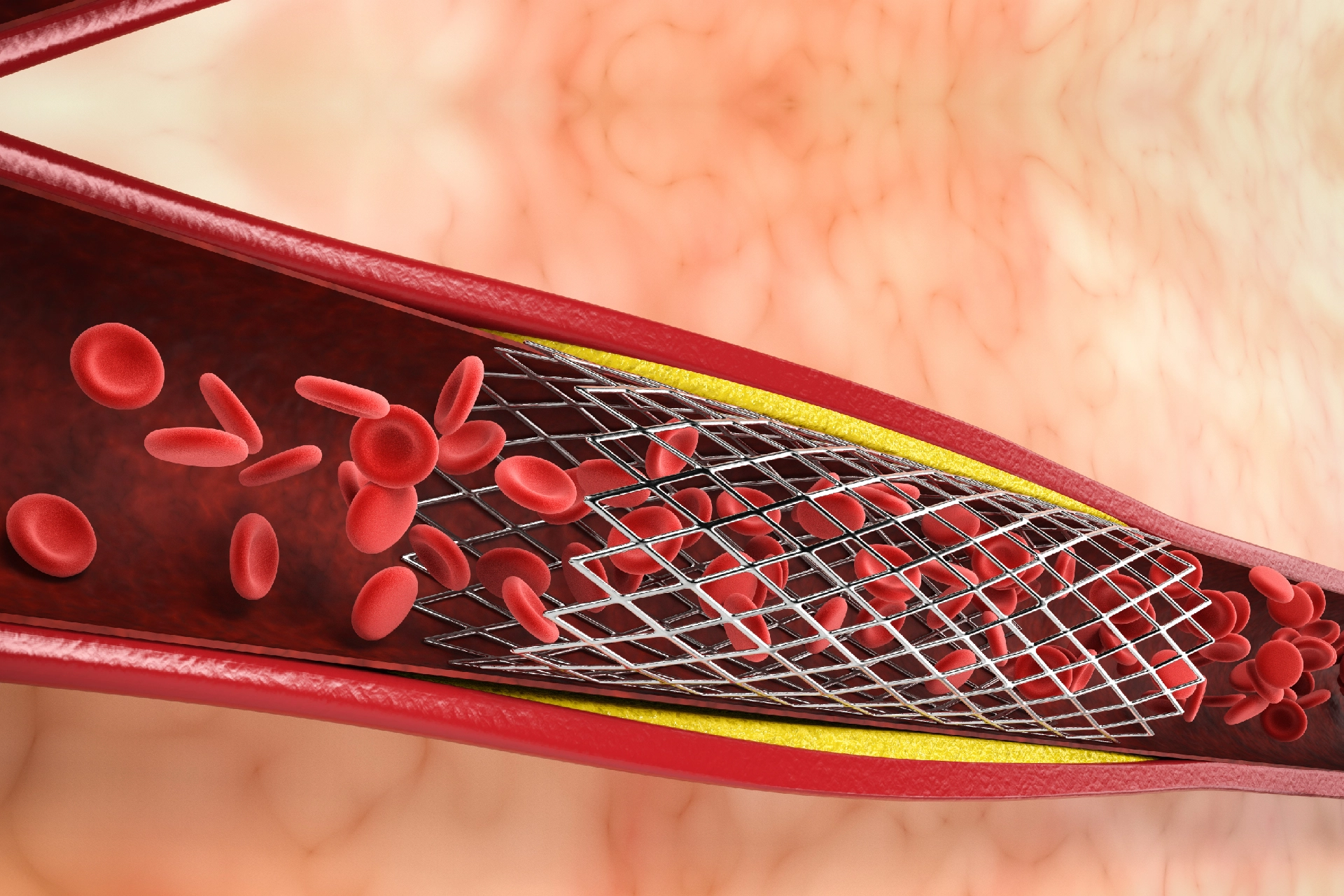Health Tests | 5 min read
Apolipoprotein A1 Test: Procedure, Purpose, Results, Normal Range
Medically reviewed by
Table of Content
Synopsis
Wondering what is a Apolipoprotein A1 test? It measures the level of Apo-A1 protein in your body. Find out more about the protein and details regarding Apolipoprotein - A1 test in this article.
Key Takeaways
- Apolipoprotein - A1 Test tracks a key component of high-density lipoprotein
- Apolipoprotein - A1 protein is controlled by a certain gene named APOA1
- Doctors usually recommend Apolipoprotein - B test with Apolipoprotein - A1 test
Wondering what the Apolipoprotein A1 test is? Let’s start by knowing what it measures. Apolipoprotein - A1, also known as Apo-A1, is an important protein that is a key component of high-density lipoprotein (HDL) or good cholesterol. The protein has both structural and functional properties [1], and it constitutes about 70% of the protein content in HDL.
Apolipoprotein - A1 protein, which is measured by the Apolipoprotein - A1 Test, is governed by a certain gene named APOA1. These proteins attach themselves to the lipids in order to form lipoproteins and play crucial roles in the transportation as well as the metabolism of lipids.
It is important to note that the process of their metabolism is affected by the following factors:
- Hormones such as glucagon, estrogens, thyroxin, androgens, and insulin
- The constituents of your diet
- Consumption of drugs like fabric acids, niacin, and statins
- The amount of alcohol in your body
The Apolipoprotein A1 test measures the level of Apo-A1 protein in your body. If you have previously suffered from heart attacks [2] or had conditions like hyperlipidemia or peripheral vascular diseases, doctors may ask you to get an Apolipoprotein - A1 test. To find out the cause of deficiency in Apolipoprotein - A1, the Apo-A1 test is effective too. Read on to find out all the important details regarding the test.
Additional Read: What is Good CholesterolWhen is an Apolipoprotein - A1 test ordered?
Doctors recommend going for an Apolipoprotein - A1 test if you have genetic risks or a personal case history of abnormal cholesterol levels. They may also order the test if you have the following symptoms that indicate a probability of Apo-A1 deficiency:
- Common signs of indigestion or heartburn
- An obscure feeling of sickness
- Nausea and vomiting
- An ache in your jaws and teeth
- A feeling of heaviness in your chest
- Pain in your arm and upper back
- Breathlessness
- Rapid sweating

How to prepare for the Apolipoprotein - A1 test?
While preparing for the Apolipoprotein - A1 test, you need to fast for at least 12-14 hours. Overnight fasting is recommended because you spend 7-8 hours in sleep, and it’s easy to follow. You can drink water during this period, but make sure to avoid consuming beverages like coffee, tea, or milk. If you take medications for conditions such as diabetes on an empty stomach, consult your doctor beforehand to know whether you can take the medication before the Apolipoprotein - A1 test.
How to interpret the Apolipoprotein - A1 test results?
When it comes to decoding the test results, note that the normal value of Apo A-1 for men ranges between 94-178 mg/dL, while the same is 101-199 mg/dL for women. Remember, a low level of Apo A-1 also brings down the level of HDL, which puts you at high risk of getting cardiovascular disease.
Deficiencies in Apo A-1 can be triggered by particular genetic disorders that cause a high level of low-density lipoprotein (LDL) or bad cholesterol and other abnormalities in lipid levels. However, there are certain other conditions that can lead to a rise or fall in the level of Apo A-1 protein. Here’s a look at them.
- Conditions where Apo A-1 may increase
- Obesity
- Abnormal levels of sugar in your diet
- Exposure to active or passive smoking
- Consumption of drugs such as beta blockers, progestins, diuretics, androgens, and more
- Severe kidney conditions
- Conditions where Apo A-1 may decrease
- Rapid loss of weight
- Pregnancy
- Intake of statin drugs
- When you workout
- Intake of other drugs such as simvastatin, phenobarbital, estrogens, lovastatin, carbamazepine, ethanol, oral contraceptives, niacin, pravastatin, and more
What measures can you take to manage your Apo A-1 level?
To maintain a healthy level of Apo A-1, you can consider doing the following:
- Consume a balanced diet
- Do basic workouts like walking, running, cycling, and yoga
- Reduce bad stress
- Avoid smoking
- Limit alcohol
- Maintain a healthy weight
What are other tests usually prescribed with the Apolipoprotein - A1 test?
Doctors may prescribe Apolipoprotein - A1 test, Apolipoprotein - B test, and lipid profile together to check whether you have any risk of heart conditions or other related disorders.
Additional Read: 10 Healthy Drinks for Low Cholesterol
What if the results indicate a high risk of heart disease?
In such cases, you may be referred to a cardiologist who will ask you to undergo the following tests:
- ECG
- Echocardiogram
- Angiography
These tests help doctors to diagnose specific conditions related to your heart and decide whether to apply invasive, non-invasive, or interventional cardiology to treat them. If your condition requires surgery, you will be further referred to a cardiothoracic surgeon who will conduct the procedure.
With all this information regarding the Apolipoprotein - A1 test and diseases related to it, you can manage and monitor your lipid levels and cardiac health without any stress. In case you have any further questions regarding Apo-A1 level or Apo-A1 test, or you are experiencing any of the symptoms related to abnormal lipid levels, consult a doctor immediately. For ease and convenience, you can opt for a remote doctor consultation on Bajaj Finserv Health. On this platform, you can choose from 8,400+ doctors across 45+ specialties. To democratize healthcare across India, the platform offers consultation in 17+ languages. You can also book a lab test such as the Apolipoprotein - A1 test, Apolipoprotein - B test, and more and enjoy lab test discounts on the Bajaj Finserv Health app or website.
Apart from consulting doctors, you can also buy health insurance on the platform. With the Complete Health Solution plan under Aarogya Care, you can ensure a comprehensive cover for two adults and four children under the age of 21 in your family. By subscribing to the policy, you can further enjoy free preventive lab tests and even get reimbursed for tests recommended by your doctor. Some of the other benefits of a Complete Health Solution policy include unlimited teleconsultation with doctors and network discounts, apart from wide coverage.
References
- https://www.ncbi.nlm.nih.gov/pmc/articles/PMC5749415/
- https://www.urmc.rochester.edu/encyclopedia/content.aspx?contenttypeid=167&contentid=apolipoprotein_a
Disclaimer
Please note that this article is solely meant for informational purposes and Bajaj Finserv Health Limited (“BFHL”) does not shoulder any responsibility of the views/advice/information expressed/given by the writer/reviewer/originator. This article should not be considered as a substitute for any medical advice, diagnosis or treatment. Always consult with your trusted physician/qualified healthcare professional to evaluate your medical condition. The above article has been reviewed by a qualified doctor and BFHL is not responsible for any damages for any information or services provided by any third party.





